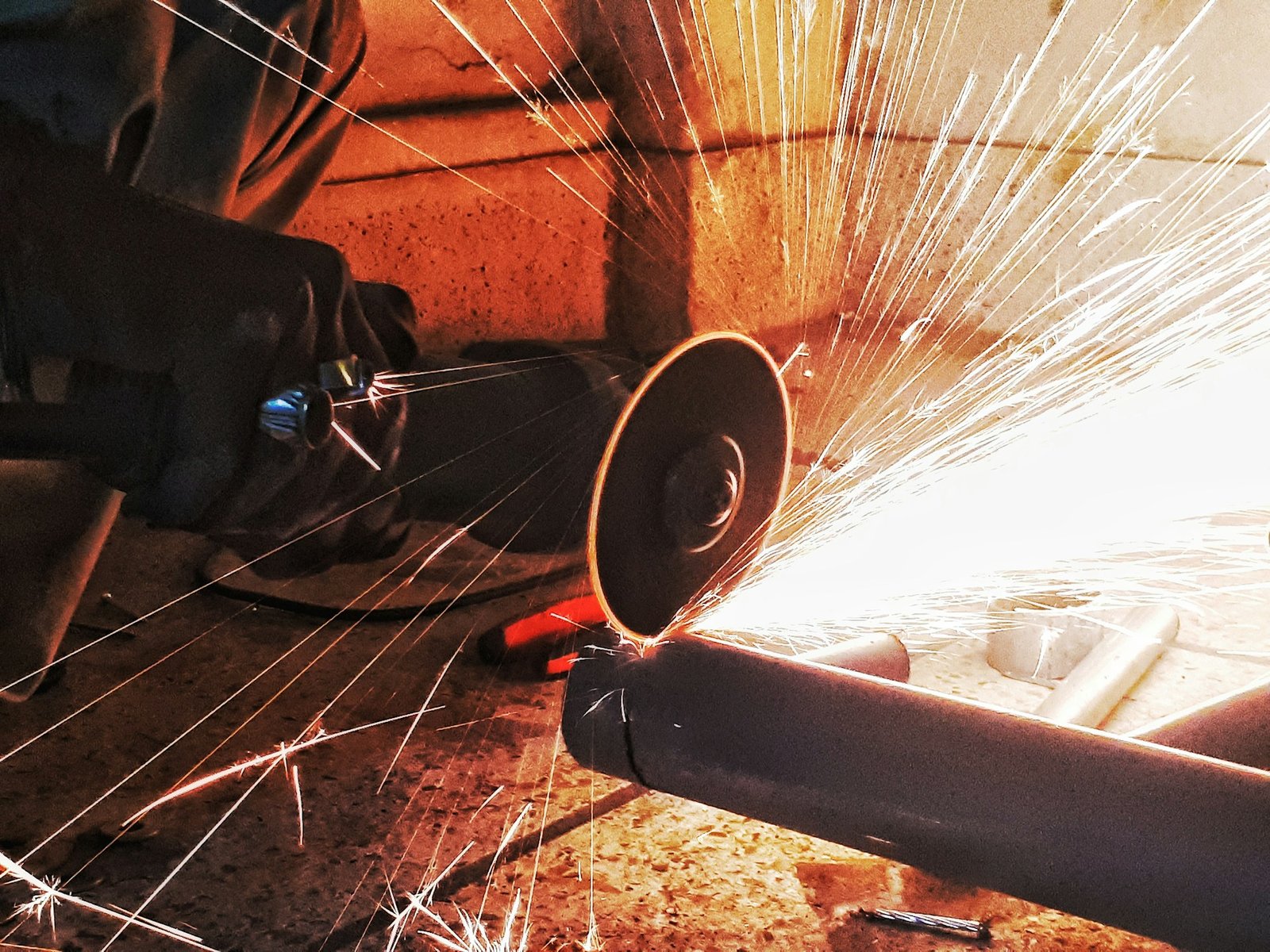Industrial PCs (IPCs) are specifically designed to withstand harsh environments that would challenge or destroy traditional consumer-grade computers. These environments include extreme temperatures, high humidity, dust, vibration, and exposure to chemicals or liquids. As industries continue to automate and digitize, the need for reliable, rugged computing solutions has grown exponentially. Below are five key benefits of industrial PCs in these demanding settings.
1. Durability and Reliability
One of the standout benefits of industrial PCs is their exceptional durability and reliability. Built with high-quality components, industrial PCs are engineered to operate in extreme conditions without failure. For example, they are often housed in rugged enclosures made from materials like aluminum or stainless steel, which can protect against physical damage from impacts, vibrations, and corrosion. In industries such as mining, oil and gas, and manufacturing, where environmental stressors can vary greatly, the reliability of these systems is critical. By minimizing breakdowns and reducing downtime, industrial PCs help businesses maintain consistent production schedules and improve overall efficiency.
2. Temperature Resistance
Industrial PCs are designed to operate across a wide range of temperatures, making them ideal for environments where climate control is either impractical or impossible. Many industrial PCs feature fanless designs with passive cooling systems that allow them to run efficiently even in extreme heat, without the need for fans that could fail or introduce contaminants. Fanless designs also contribute to the longevity of the PC, as there are fewer moving parts that could break down. Additionally, industrial PCs are built to function in freezing temperatures, making them suitable for applications in refrigerated warehouses, outdoor kiosks, or even in Arctic environments. The ability to operate in temperatures ranging from -40°C to 85°C ensures that these computers continue functioning reliably, no matter the weather or conditions.
3. Resistance to Dust, Water, and Other Contaminants
In many industrial settings, dust, moisture, and even chemicals are pervasive and could easily compromise the operation of a regular PC. Industrial PCs are often rated with an IP (Ingress Protection) certification, indicating their level of resistance to solid objects like dust and liquids. Higher-rated IP certifications (e.g., IP65, IP67) mean that the industrial PC can withstand water splashes, jets, or even submersion, as well as being dust-tight. For industries such as food processing, pharmaceuticals, or agriculture, where exposure to water and chemicals is a constant threat, these features are essential. By protecting sensitive electronics from contaminants, industrial PCs can maintain operational integrity and minimize the risk of failure due to environmental factors.
4. Vibration and Shock Resistance
In environments like transportation, construction, and heavy machinery, vibration and shock are common occurrences that could damage ordinary computers. Industrial PCs are built with vibration- and shock-resistant components, ensuring that they can function correctly even when subjected to physical stress. For instance, solid-state drives (SSDs) are often used instead of traditional hard drives because they have no moving parts, making them much more resilient to vibrations. Additionally, industrial PCs are mounted on shock-absorbing materials and are equipped with specialized connectors that prevent loosening or disconnection during operation. This robustness is crucial for ensuring consistent performance in environments where mechanical stresses are present.
5. Longer Product Lifecycles and Customization
Industrial PCs are built to last longer than their consumer counterparts. Manufacturers of industrial PCs often guarantee long product lifecycles, which can be critical for businesses with long-term projects or highly specific system requirements. Consumer PCs typically see frequent hardware updates, forcing companies to continually upgrade their systems to remain compatible with newer software. In contrast, industrial PCs can maintain compatibility and performance over many years, reducing the need for frequent replacements or upgrades. Additionally, industrial PCs are highly customizable, allowing companies to select specific components such as processors, memory, and input/output interfaces that meet their particular operational needs.
Conclusion
The benefits of industrial PCs in harsh environments are clear. Their durability, temperature resistance, protection against contaminants, vibration and shock resistance, and long lifecycles make them indispensable in industries where reliability is a top priority. As industries continue to rely on advanced computing systems for automation and data processing, the importance of choosing the right hardware for the environment cannot be overstated. Industrial PCs provide businesses with the confidence that their computing systems will perform reliably, even in the most challenging conditions.


